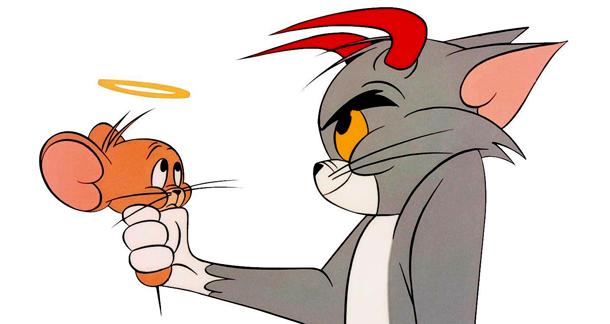6. How do you build character?
 Building
character is part of the mystery and magic of the creative process. It is an
ongoing, never-ending, continuing practice. In order to really solve the
problem of character, it's essential to go into your characters and
build the foundations and fabric of their lives, then add ingredients that will
heighten and expand the portrait of who they are.
Building
character is part of the mystery and magic of the creative process. It is an
ongoing, never-ending, continuing practice. In order to really solve the
problem of character, it's essential to go into your characters and
build the foundations and fabric of their lives, then add ingredients that will
heighten and expand the portrait of who they are.
four things, four essential
qualities that seemed to go into the making of good characters:
Ø (1), the characters have a
strong and defined dramatic need;
Ø (2), they have an individual point of view;
Ø (3), they personify an attitude;
and
Ø (4), they go through some
kind of change, or transformation.
The sucess of IRUTHI SUTTU's is characterization of each one the coach, Mathi,etc . The main character Mathi has a defined dramatic need in initial of movie that is earn money for her family then this need transform to a national achiever. Her character has a attitude and point of view about her surrounding,
The big failure of the good movie THARAI THAPPATAI is the conflict confusing characterization.
Those
four elements, those four qualities, make up good character. Every main, or major, character has a strong
dramatic need. Dramatic need is defined as what your main characters
want to win, gain, get, or achieve during the course of your screenplay. The
dramatic need is what drives your characters through the story line. It
is their purpose, their mission, their motivation, driving
them through the narrative action of the story line.
What is your main character's dramatic need?
The dramatic need is the
engine that powers the character through the story line.
Point of view The
second thing that makes good character is point of view. Point
of view is defined as the way a person sees, or views, the world. Every
person has an individual point of view. Point of view is a belief system, and
as we know, what we believe to be true is true. that means that what's
inside our head—our thoughts, feelings, emotions, memories—is reflected
outside, in our everyday experience. It is our mind, how we see the
world, that determines our experience. Point
of view shades and colors the way we see the world. that a point of view is
acquired through personal experience. If your character is a
parent, she/he could reflect a "parent's" point of view. Or he/she
could be a student and view the world from a "student's" point of
view. A housewife has a specific point of view. So does a criminal, terrorist,
cop, doctor, lawyer, rich man, poor man—all present individual and unique points of view. Point of view is an
individual and independent belief system. Knowing
your characters' points of view becomes a good way to generate conflict.
Attitude: The
third thing that makes good character is attitude. Attitude is defined
as a manner or opinion, and is a way of acting or feeling that
reveals a person's personal opinion. An attitude, differentiated from a point
of view, is an intellectual decision, so it can, and probably will, be
classified by a judgment: right or wrong, good or bad, positive or negative,
angry or happy, cynical or naive, superior or inferior, liberal or
conservative, optimistic or pessimistic.. Sometimes it's difficult to
separate point of view from attitude.
Transformation: The fourth element that makes up good character is change, or transformation Transformation, change, seems to be an essential aspect of our humanity, especially at this time in our culture. Change, transformation, is a constant of life, and if you can impel some kind of emotional change within your character, it creates an arc of behavior and adds another dimension to who he/she is.
Character building:
you're writing a screenplay, the main character must be active; she must cause things to happen, not let things happen to her. It's okay if she reacts to incidents or events some of the time, but if she is always reacting, she becomes passive, weak, and that's when the character seems to disappear off the page. like wise Minor characters appear more interesting than the main character and seem to have more life and flamboyance(very confident in behaviour
A
scene like that can illustrate a lot about your character. Every
action, every word of dialogue, every individual character trait expands our
knowledge and comprehension of the character.

Dialogue
Dialogue is really a function of character. If you
know your character, your dialogue may very well flow easily with the
unfolding of your story. Writing dialogue is a learning process, an act of
coordination..
Dialogue
serves two main purposes: Either it moves the story forward, or it reveals
information about the main character
Source : Syd field https://books.google.co.in/books?id=5GgXl7h5qvQC&dq=syd+field&hl=en&sa=X&ved=0ahUKEwj-kbeivbXJAhUBBI4KHa-kCuwQ6wEIHDAA
Source : Syd field https://books.google.co.in/books?id=5GgXl7h5qvQC&dq=syd+field&hl=en&sa=X&ved=0ahUKEwj-kbeivbXJAhUBBI4KHa-kCuwQ6wEIHDAA


Comments
Post a Comment